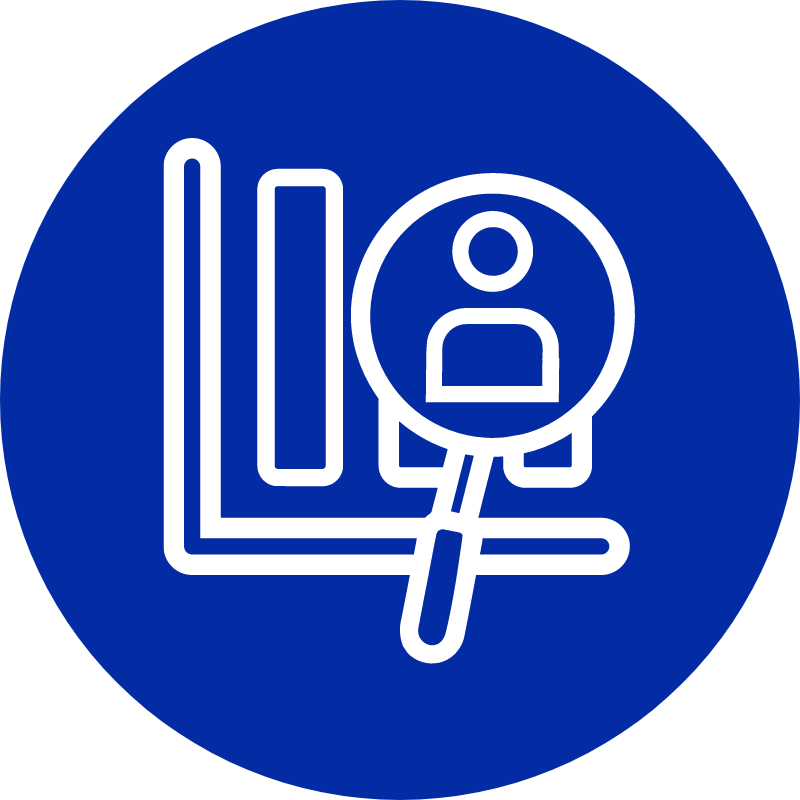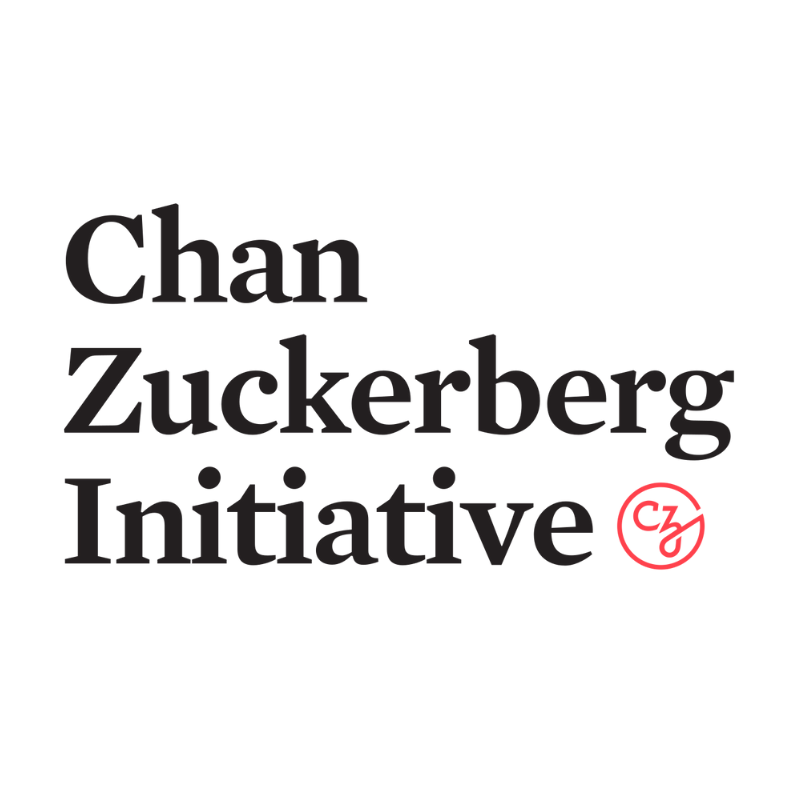Strategies for NOAH Preservation
New research funded by the Chan Zuckerberg Initiative
Research Project Overview
In partnership with the Institute for Housing Studies at DePaul University, The Preservation Compact was awarded $250,000 by the Chan Zuckerberg Initiative to launch a new and innovative research project focused on market-based strategies for NOAH preservation, the project is called Breaking Up the NOAH Monolith.
Project Goals
NOAH housing stock is an essential component of the overall affordable rental housing landscape, representing about 70 percent of the affordable rental in the United States. It has become increasingly clear that preserving the existing unsubsidized affordable rental housing stock, often called naturally occurring affordable housing (NOAH), is essential to the success of broader strategies attempting to address the lack of affordable rental housing in cities across the country.
Research has shown that the loss of lower-cost NOAH rental units drives affordable housing pressures in cities across the country. This recognition has led to an increase in local efforts to develop strategies to preserve this essential but threatened component of the affordable housing supply. However, due to the diverse and highly localized nature of conditions affecting the NOAH housing stock, characteristics of NOAH stakeholders, and tools available for preservation, a robust national conversation on NOAH preservation has yet to develop fully.
At the same time that policymakers and housing stakeholders are starting to recognize the value of NOAH preservation, many view NOAH as a monolithic housing category. However, reasons for the loss of NOAH stock can vary substantially across cities with very different housing characteristics and economic contexts. This research aims to Break up the NOAH Monolith address information gaps and facilitate the development of a national NOAH community of practice.
NOAH & Equity
From Community Investment Corporation’s experience of providing credit to finance NOAH preservation, we know that many of NOAH buildings are owned by responsible small local businesses, and many of those small businesses are owned by people of color. Incidentally, those diverse small businesses are providing quality housing and supporting the local ecosystem with local vendors and staff, while at the same time bridging the racial equity gap by building wealth for their families.
Preserving NOAH also means supporting the often overlooked small businesses who own it, many which are led by BIPOC owners.
Project Research
To address these gaps in information and to better understand the diverse market contexts that NOAH exists in, IHS and the Compact will conduct research and engage with stakeholders across the nation over the course of two years. Below outlines the process for which this research will be carried out.

Develop a unique data analysis that categorizes a set of large US cities into NOAH peer groups based on the characteristics of and pressures on their naturally occurring affordable housing (NOAH) stock

Use these typologies to engage and convene stakeholders from cities representing similar and different NOAH market contexts to learn from their successes and challenges, and

Create a central resource guide and repository of NOAH preservation strategies that documents how different strategies interact with local market dynamics in cities across the country.
Project Outcomes
Through this 2-year project, The Compact and IHS will continue to build the Compact’s web-based NOAH Clearinghouse, using the NOAH market typology to match NOAH preservation strategies to their most relevant local market contexts, and develop case studies of key NOAH markets. Using this information, the Compact and IHS will develop a NOAH policy toolkit and case studies of select NOAH markets.
Existing NOAH Research & Recorded Webinars

Chan Zuckerberg Initiative (CZI) is dedicated to finding solutions that make housing more affordable so people from all backgrounds and income levels can live, work, and thrive in California. Across their work in Science, Education, and within communities, they pair technology with grantmaking, impact investing, and collaboration to help accelerate the pace of progress towards their mission
